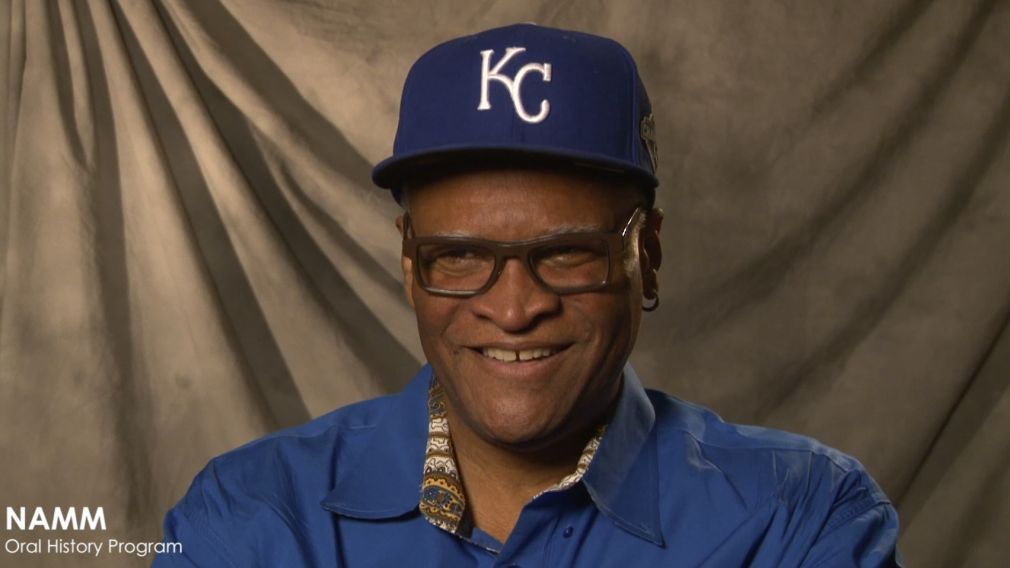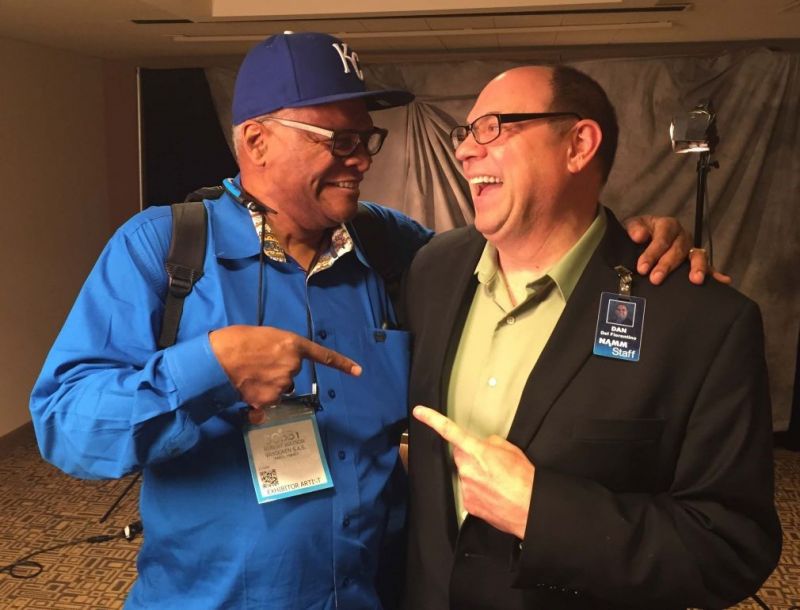NAMM Oral History Spotlight: Bobby Watson

Legendary saxophonist and Kansas City native, Bobby Watson, received his post-doctorate in jazz while on the bandstand with famed drummer Art Blakey and the Jazz Messengers. After completing his four-year tenure with the Jazz Messengers, sometimes referred to as the ‘University of Blakey,’ Watson went on to have a substantial career not only as a bandleader and performer but as an important figure in jazz education.
As a performer, Watson collaborated and was sought out by many notable artists, including drummers Max Roach and Louis Hayes, fellow saxophonists George Coleman and Branford Marsalis, and at the time, up-and-coming trumpeter, Wynton Marsalis. Watson also played many supporting and stylistic roles for vocalists like Joe Williams, Dianne Reeves, Lou Rawls, Betty Carter, and Carmen Lundy. As a bandleader, Watson founded Bobby Watson & Horizon, alongside fellow bassist Curtis Lundy and drummer Victor Lewis. The group performed throughout the 80s and 90s and, in many ways, was modeled after the Jazz Messengers but with a distinct, modern twist.
During this time, Watson also began his role in jazz education and like the masters before him, began passing on his great knowledge. His teachings within prestigious jazz programs and institutions began when he served as a faculty member and private studio teacher at William Paterson University (1985-1986) and the Manhattan School of Music (1996-1999). At the millennium, Watson found himself at the University of Missouri-Kansas City Conservatory of Music and Dance as the Director of Jazz Studies and after two decades in the position, Watson retired in 2020 from academia and returned to recording records. Watson’s newest project, Keepin’ it Real, was released in June 2020 and further extended the Jazz Messenger’s legacy with a reincarnation of Watson’s original Horizon band featuring Curtis Lundy on bass.
Watson sat down with Music Historian Dan Del Fiorentino in January of 2016 and shared some wonderful insight between being a jazz musician during his day versus today, as well as an important message for young jazzers and musicians. Watson explained that young musicians should always “keep your ear to what’s going on,” not just to your genre of music, because then you will be ready for any musical or artistic situation. He recalled how back in his day, it was the age of “Motown, Stevie Wonder, and James Brown,” and how he did a lot of funk and wedding gigs which had a profound impact on his versatility as a musician.

As a final piece of wisdom, Watson urged young musicians to tap into their “inner song.” He believes that musicians like Coltrane, Wayne Shorter, and Herbie Hancock can be identified throughout different periods of their life as they were trying to “perfect this one song that [they] have inside of [them].” It is when we find this song, we can tap into what brings us joy while playing, and this is sure to translate to our audience.